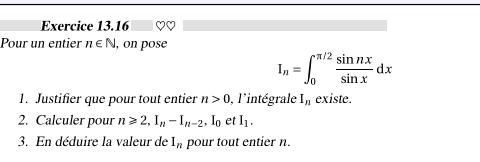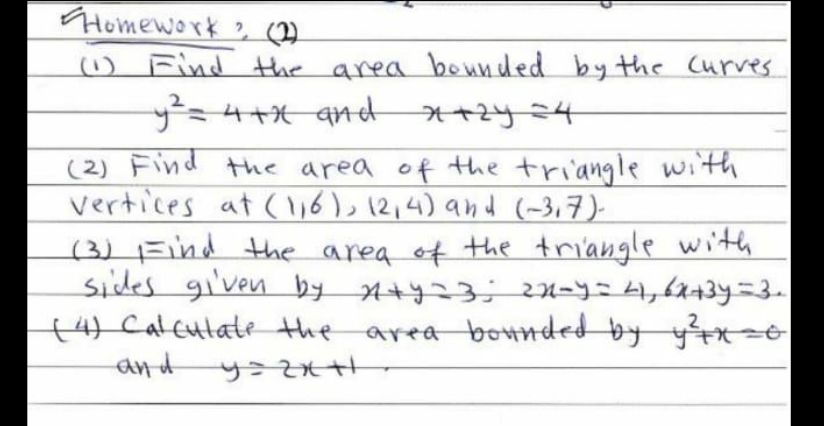
IntegrationQuestion and Answers: Page 165
Question Number 100653 Answers: 1 Comments: 0

Question Number 100613 Answers: 0 Comments: 0

Question Number 100606 Answers: 0 Comments: 0
Question Number 100590 Answers: 2 Comments: 0
Question Number 100584 Answers: 1 Comments: 0
Question Number 100557 Answers: 2 Comments: 0
Question Number 100538 Answers: 0 Comments: 1

Question Number 100543 Answers: 2 Comments: 1

Question Number 100514 Answers: 2 Comments: 0
Question Number 100513 Answers: 0 Comments: 0
Question Number 100512 Answers: 0 Comments: 0
Question Number 100511 Answers: 1 Comments: 0
Question Number 100468 Answers: 3 Comments: 0
Question Number 100450 Answers: 1 Comments: 0

Question Number 100438 Answers: 0 Comments: 5
$$\int_{\mathrm{0}} ^{\mathrm{1}} \int_{\mathrm{0}} ^{{x}} {x}^{\mathrm{2}} {y}^{{xy}} {dydx} \\ $$
Question Number 100362 Answers: 3 Comments: 0
Question Number 100368 Answers: 1 Comments: 0
Question Number 100216 Answers: 1 Comments: 2
Question Number 100215 Answers: 2 Comments: 1
Question Number 100207 Answers: 0 Comments: 2
Question Number 100191 Answers: 1 Comments: 1
Question Number 100190 Answers: 0 Comments: 0
Question Number 100189 Answers: 1 Comments: 0
Question Number 100114 Answers: 1 Comments: 0

Question Number 100089 Answers: 0 Comments: 0
Question Number 100088 Answers: 1 Comments: 1
Pg 160 Pg 161 Pg 162 Pg 163 Pg 164 Pg 165 Pg 166 Pg 167 Pg 168 Pg 169
